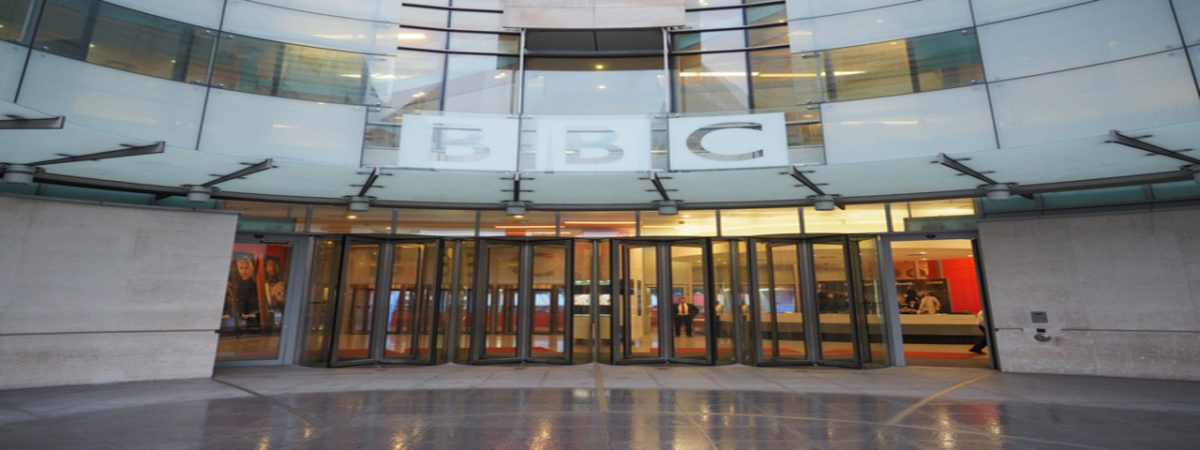Taxing the middle class to extinction
SUGGESTED



Labour Party officials argued, with some justification, that Harriet Harman’s words were taken out of context; that, in the interview from which they were lifted, Harman was arguing for the equity of progressive taxation – where those who earn more pay more – and not necessarily calling for a rise in current rates. On this account, it is a case of stones and glass houses, as both the coalition and the opposition support a graduated tax system.
Extrapolating from the PMQs dust-up, however, there is some reason to look at the wider implications of progressive taxation upon the middle class. Hiding in plain sight is the obvious fact that soaking the rich, when the rich are said to comprise a mere 1 per cent of the population (according to the Occupy Wall Street crowd), means that when trying to fund the modern welfare state, one must look elsewhere for the needed revenue, which means that the middle class will eventually fall into the taxman’s snare. American sociologist William Graham Sumner predicted the ultimate fall guy as early as 1887: ‘It is the tendency of all social burdens to crush out the middle class, and to force the society into an organization of only two classes, one at each social extreme.’
Progressive taxation, as a means of helping the poor, fails in two significant ways. Firstly, if helping the poor is your aim, progressive taxation means that the charity of potential benefactors for the deserving needy are more likely funnelled by government to special interest groups – with a portion siphoned off for bureaucratic administration. Secondly, there is a strong argument that employment opportunities are the best way to help the poor, yet progressive taxation means that successful entrepreneurs will have less capitalist potential to invest in promising business ventures. Meanwhile, as Sumner predicted, the middle class bears the brunt:
‘To people untrained in the study of social forces it may appear the most obvious thing in the world that, if we should confiscate the property of those who have more than a determined amount, and divide the proceeds among those who have less than a certain amount, we should strengthen the middle class, and do away with the two extremes. The effect would be exactly the opposite. We should diminish the middle classes and strengthen the extremes. The more we helped at the bottom, the more we should have to help, not only on account of the increase of the population and the influx of eager members of “the house of want”, but also on account of the demoralization of the lowest sections of the middle class who were excluded. The more we confiscated at the top, the more craft and fraud would be brought into play to escape confiscation, and the wider must be the scope of taxation over the upper middle classes to obtain the necessary means.’
We need not shed tears for the rich, Sumner wrote; they have more resources to cushion the blow and a stable of tax lawyers to root out loopholes and safe havens for their wealth. Even the middle class have exploited options to curtail confiscation, in what Arthur Seldon termed ‘tax avoision‘: ‘the mixture of legal avoidance and illegal evasion that tends to merge in law or is difficult to distinguish in moral content because government may be more immoral than the people if it imposes taxes that do not reflect the people’s willingness to pay.’
Far better, of course, to limit government and hold down the tax bill, leaving individuals and the free market to exchange and invest, which in the end will benefit both the poor and the middle class. The Prime Minister may be right to point out the consequences of Labour taxation policy, but is it right that the coalition government’s own agenda exerts the squeeze and diminishes the common good?
1 thought on “Taxing the middle class to extinction”
Comments are closed.




If the aim is for those with higher incomes to pay more in income tax, assuming that the nominal tax rates can be enforced, that can be achieved by a ‘progressive’ schedule, as we have now, where the rate of tax increases as income increases. It can also be achieved by what Blum and Kalven called a ‘degressive’ schedule, where there is a single flat rate of tax combined with a personal allowance deductible against taxable income. One of the arguments in favour of some such arrangement is that many indirect expenditure taxes are regressive in their impact, representing a higher proportion of income of those with smaller incomes than of those with higher incomes. Although precise numbers are impossible, the combined overall effect may be — at least across a very wide range of incomes — that the total tax burden is roughly proportional to total income. If one takes the view (as I do) that the most effective way to help the poor is to increase the national income (rather than to redistribute incomes on a national socialist basis), then an obvious concern is whether high tax rates may tend to reduce the rate of economic growth. That is why even the Labour Party is reluctant to suggest increasing the top rate of income tax to, say, 75 per cent as the French have recently done. Of course another relevant factor is the level of income at which the top rates of income tax start. Although in theory these are supposed to be index-linked, in practice the starting level has gradually been falling in real (as well as nominal) terms over recent years. There doesn’t appear to be much difference between the tax policies of the various parties. Just as they all agreed on top income tax rates of around 90 per cent up until 1979, so now, no British political party advocates a top income tax rate (forgetting about national insurance!) above 50 per cent. All UK parties are ‘tax and spend’ parties (or, perhaps more accurately, ‘tax and borrow and spend’ parties).